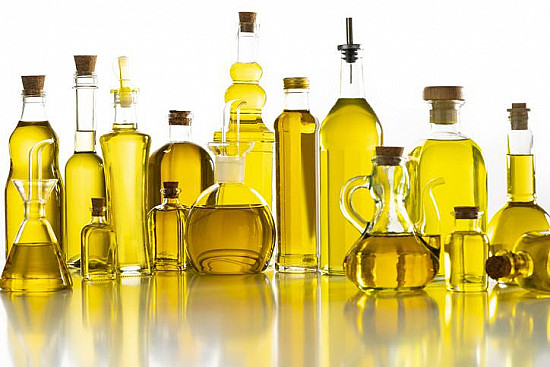Inflammatory foods and sweet drinks raise heart disease risk
In the journals
Two recent studies shined a new spotlight on how inflammatory foods and drinks can affect heart disease risk. One study, published Nov. 10, 2020, in the Journal of the American College of Cardiology, looked at the impact high- and low-inflammatory diets had among 210,000 people free of heart disease at the beginning of the study. High-inflammatory diets were defined as those with more red, processed, and organ meats; refined carbohydrates; and sweetened drinks. In contrast, anti-inflammatory diets emphasize leafy greens (kale, spinach), dark yellow and orange vegetables (yellow peppers, carrots), whole grains, fruits, tea, coffee, and moderate amounts of red wine.
Participants' eating habits were recorded every four years for up to 32 years. Those who followed a high-inflammatory diet ended up with a 38% higher risk of heart disease and a 28% higher risk of stroke than those who ate a low-inflammatory diet.
The second study, published in the same journal (Nov. 3, 2020), looked at how artificially sweetened beverages and sugary drinks (like soft drinks, juice drinks, and 100% juice) affected heart health among almost 105,000 people. Researchers found that those who drank, on average, about 3/4 cup or more per day of either sugary or artificially sweetened drinks had a higher risk for heart disease than those who consumed little or none of these beverages. There also was no difference in risk between the two kinds of beverages. This suggests that even so-called healthy drinks like diet soda or fruit juice are harmful when consumed regularly.
Image: Jamesmcq24/Getty Images
Disclaimer:
As a service to our readers, Harvard Health Publishing provides access to our library of archived content. Please note the date of last review or update on all articles.
No content on this site, regardless of date, should ever be used as a substitute for direct medical advice from your doctor or other qualified clinician.
















